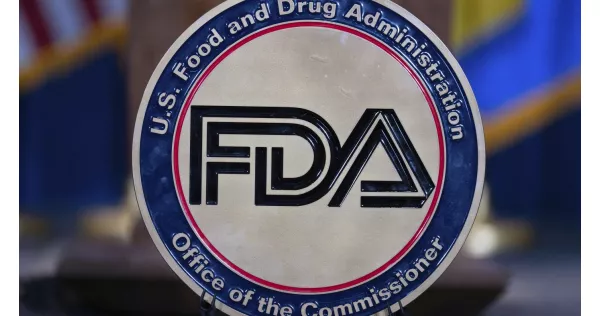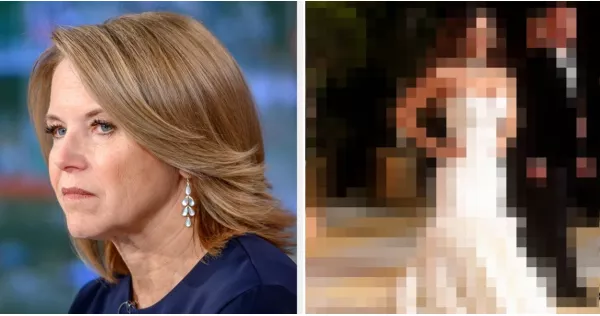Chicago designated Park 578, a park near the United Center, as a free speech zone during the recent Democratic National Convention (DNC). The intention was to provide a designated space for protest groups to voice their opinions, particularly those who had clashed with the city over plans to march near the convention. The city equipped the park with a stage, sound system, and offered 45-minute speaking slots. However, the free speech zone saw minimal participation and faced criticism for its unwelcoming atmosphere and restrictive measures.
Despite the city's efforts to promote the free speech zone, it was largely deserted throughout the DNC. The few speakers who did utilize the platform often ended their speeches early, discouraged by the sparse attendance. The park was heavily patrolled by law enforcement, with police helicopters overhead drowning out speakers and creating an intimidating environment.
Miranda Alexandria, who spoke about reparations for Black Americans, described the atmosphere as "uncomfortable" and "not very inviting." Sean Dwyer, a political candidate, noted the irony of committing to speak before gauging the crowd size and joked about addressing the police officers instead.
The situation escalated on the opening day when pro-Palestine protesters breached security barriers, leading to arrests and increased security measures, including additional fencing and a heavy police presence. Chicago Police Superintendent Larry Snelling defended the decision to restrict access to the park during a later pro-Palestine demonstration, citing safety concerns and lack of permits. This decision sparked further criticism, with some attendees expressing frustration over the perceived restriction of their freedom of movement.
This isn't the first time such free speech zones have yielded mixed results in Chicago. During the 1996 DNC, Mayor Richard M. Daley implemented a "protest lottery" system, which was met with legal challenges and ultimately saw limited participation and effectiveness.
Park 578, named for its numerical order in the city's park system, inadvertently became a backdrop for media personalities and political figures like Mike Lindell and Rudy Giuliani, who made appearances unrelated to the designated purpose of the space.
Organizers like Alexis Pleus, who had traveled from New York to speak about overdose awareness, found the registration process cumbersome and felt that the location was intentionally isolated to minimize their impact.
Jumoke Ifetayo, who came from Florida to advocate for reparations, compared the experience to musicians performing for an empty audience. Despite the lack of spectators, they felt compelled to proceed with their message.
The experiences at Park 578 during the DNC raise questions about the effectiveness and accessibility of designated free speech zones, particularly during large-scale events where security concerns and logistical challenges are paramount.
The Protest Park Nobody Asked For, And Few Were Drawn To, During The DNC
A speaker's platform built at Park 578 near the United Center drew sparse crowds and no-show speakers, with police and media outnumbering the audience.

Related Posts

FDA approves new generic abortion pill, sparking conservative backlash nationwide.

AI actors rise sparks debate; readers say fear is now too late, embracing change ahead.

